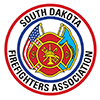NFA Fire Investigation: First Responders F0770
2 Day Classes (All Day Friday & Saturday) -~16hrs.
Location
Speakers
-
Sedric KetchumI have been in the fire service for the past 33 years and I am currently retired and was the departments Lead Fire Investigator for the past 16 years. I have served as the regions Arson Task Force Coordinator, a position that I have held for nine years. Currently I am also retired as the Sacramento Valley Youth Firesetter Chairperson, a position I have held for 4 years. Youth Firesetter Intervention Specialist & Program Manager course work completed. I have attended youth firesetter training throughout the country. I have qualified as an expert in the following fields, debris analysis, youth firesetter, fire investigations and a arson profiler. I bring several fields of expertise, handling youth firesetters and coordinating youth firesetter programs in the Sacramento region.
Summary

NFA Introduction to Unified Command for All-Hazard Incidents F0609
2 Day Classes (All Day Friday & Saturday) -~16hrs.
Location
Speakers
-
Patrick ButlerI was involved in the Operation and management of the Kalamazoo Township Fire Dept. for 18 years as a Deputy Chief. This involved managing 70 firefighters, working with many other local agencies within the area on mutual aid, and other issues involving our agencies. I was involved with the IAFC committee on credentialing and equipment typing. This was a national effort.
Summary
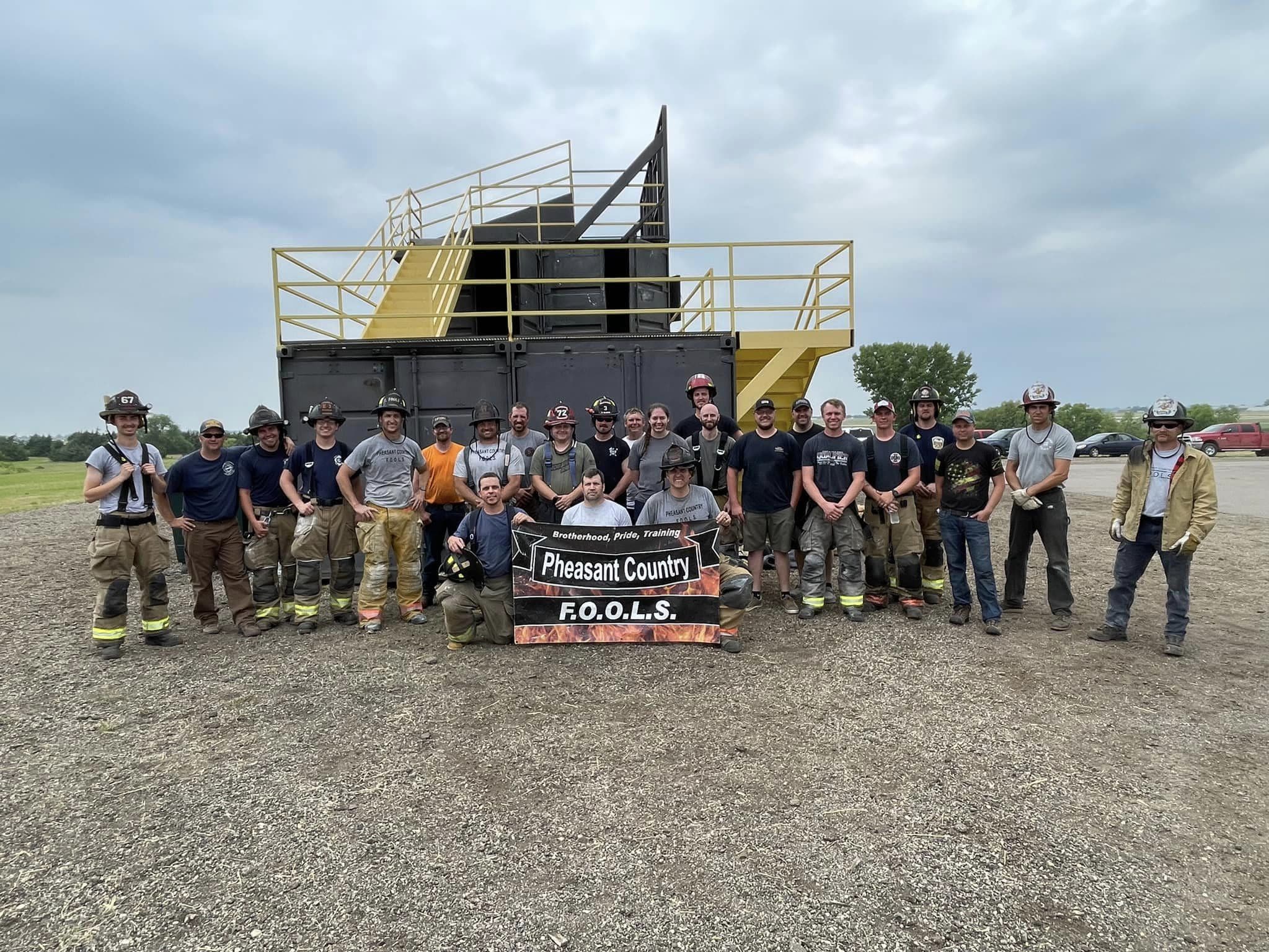
Truckless Truckie
2 Day Classes (All Day Friday & Saturday) -~16hrs.
Location
Speakers
-
Pheasant Country FOOLSA Fraternal Order of Leatherhead Society (FOOLS) chapter representing eastern South Dakota
Summary

Grief Following Trauma
2 Day Classes (All Day Friday & Saturday) -~16hrs.
Location
Speakers
-
Ed Hatcher - ChaplainChaplain Edgar Hatcher is a retired Air Force chaplain with 42 years of pastoral experience, and 11 years of clinical experience. He is an approved instructor with the International Critical Incident Stress Foundation and holds all ICISF Certificates of Specialized Training. He worked 5 years as a child therapist and school counselor with Lutheran Family and Children Services and is lifetime member of the National Organization for Victim Assistance. He currently works with fire, emergency medical, law enforcement and faith-based disaster response agencies promoting stress management, peer support, behavioral health, and disaster mental health. Academic: EdD Argosy University: Community Pastoral Counseling: focus on trauma, theodicy, moral and spiritual injury. MSHS: Capella University: Mental health counseling MDiv: Wartburg Theological Seminary BA: California Lutheran College: Political Science with minors in history, philosophy, and literature. Licensure/Certification: Licensed Professional Counselor Missouri National Certified Counselor Certified Play Therapist Certified EMDR Therapist Diplomate, American Academy of Experts in Traumatic Stress Certified, Critical Incident Stress Management; University of Maryland - Baltimore County
-
Rodney Veldhuizen - ChaplainChaplain Rodney Veldhuizen is a veteran of the Fire Service, having served with four different departments since 1984. He has served with departments in Eddyvillle, Iowa; Canton, and Yankton, SD and currently serves as the Chaplain of Custer Volunteer Fire Department. Chaplain Rod is also the Director of the Dakota Territory Fire Chaplains Association and a member of the Black Hills Fire Chaplain’s Association. Chaplain Rod holds a Bachelors’ Degree in Philosophy and Psychology, has earned a Master of Divinity, a Masters in Marriage and Family Therapy as well as a Dr. of Ministry. Chaplain Rod is an ordained Minister, a Licensed Marriage and Family Therapist and holds Master Chaplain standing with the Federation of Fire Chaplains.
Summary

SD Certified Fire Instructors Course
2 Day Classes (All Day Friday & Saturday) -~16hrs.
Location
Speakers
-
South Dakota State Fire MarshalSD Fire Marshal Staff
Summary

General Aviation Response for Small Departments - Fri.
Friday Full Day Classes - ~8hrs.
Location
Speakers
-
Greg Klein - Aviation Dept Supervisor - RETIRED
-
Tony Wiegman - Aviation Dept SupervisorTony was introduced to flying by his uncle in Graceville, MN, where he grew up and helped on his father’s farm. With a knack for being mechanical and loving the wind in his face, an ultra light was purchased and “tested to its limits” for years to come. After high school, Tony attended and graduated from Wilmar Votech studying and working in diesel mechanics until he discovered his true passion, aviation. It was then that he attended Lake Area Technical College from 1987 to 1989 studying airframe and power-plant and graduating with the D. D. Miller award.
-
Joe Foss Field - South Dakota Air National Guard CFR
Summary
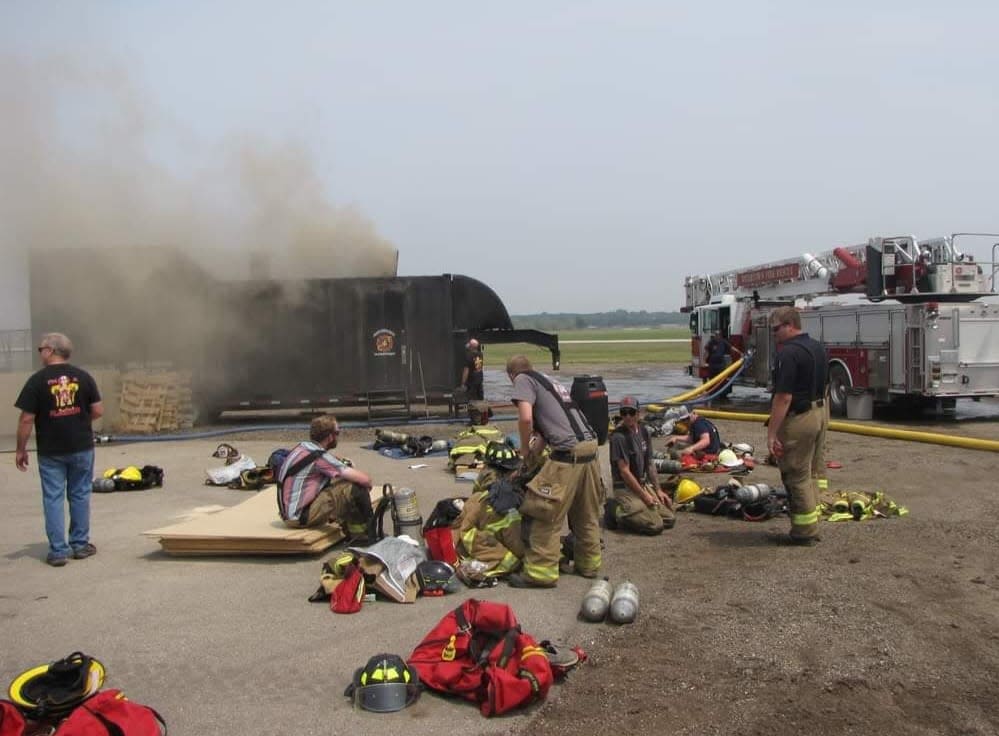
Flashover Simulator/Live Fire Training - Fri.
Friday Full Day Classes - ~8hrs.
Location
Speakers
-
Customized Firefighter TrainingCustomized Firefighter Training Inc. was established in 1998. Founder, Jim Carpenter was seeing a need to give quality hands on training that comes to the department. Carpenter is a 30-year veteran of the fire service. His company now travels to 5 states performing classes on interior attack and Flashover recognition along with a wide range of topics. All our staff is seasoned Firefighters that have or are rising through the ranks in both volunteer and career fire departments. Most of them have been with us for 10 years or more. We pride ourselves in trying to have the most up to date training, taught in a thought provoking and interactive class with real-life hands-on training.
Summary
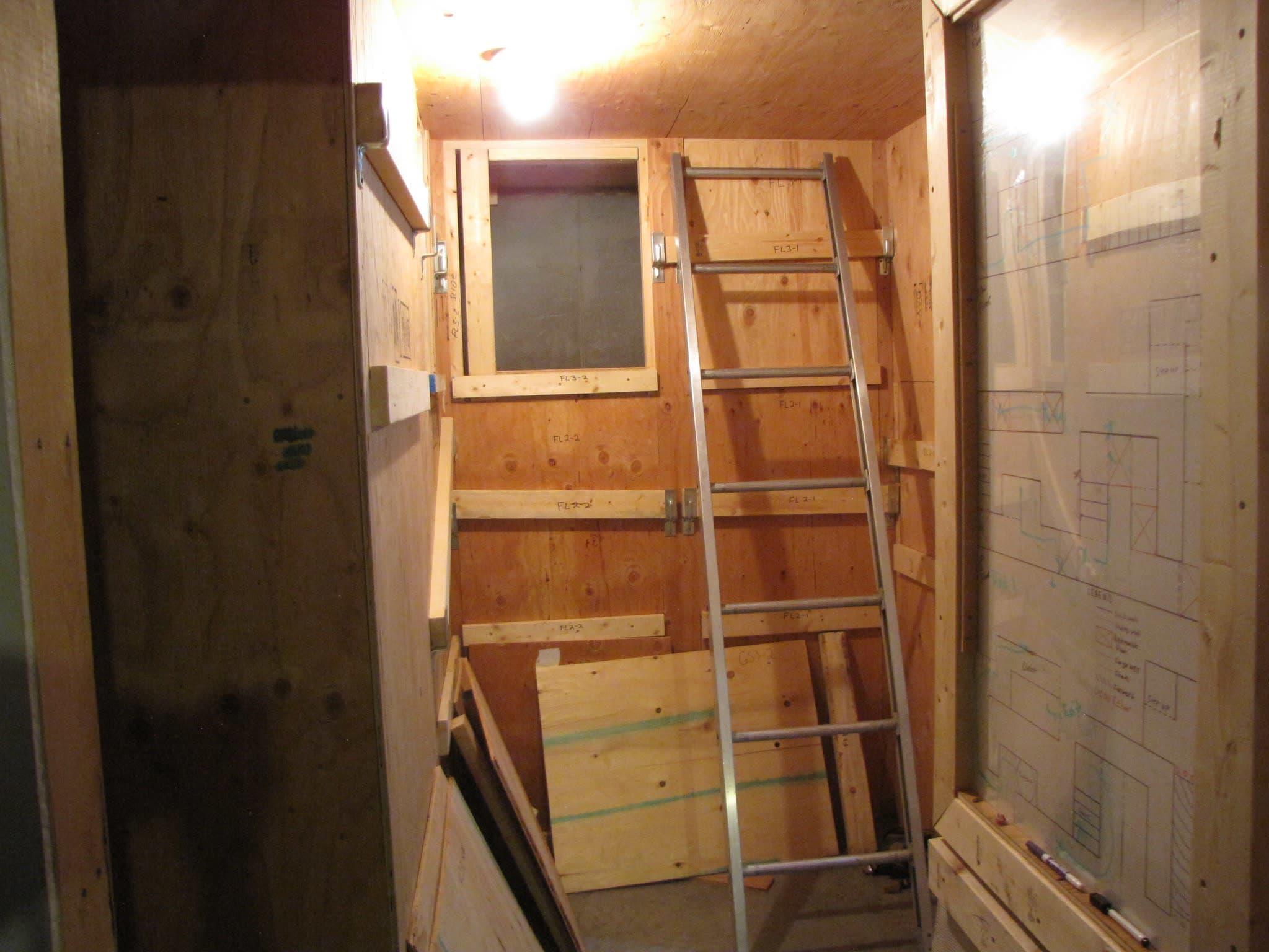
SCBA Confidence Course - Fri.
Friday Full Day Classes - ~8hrs.
Location
Speakers
-
Dalton Axelsen - Firefighter/ParamedicDalton Axelsen firefighter paramedic with Watertown Fire Rescue. He has been with Watertown Fire for just over 5 years now. He started in the fire service as a volunteer with the Aurora Fire Dept. Currently a member of the Pheasant Country FOOLS. Is a rope rescue tech, confined space tech, and hazmat railcar specialist. He also is an adjunct instructor for the Med/Fire Rescue program at Lake Area Technical College.
Summary
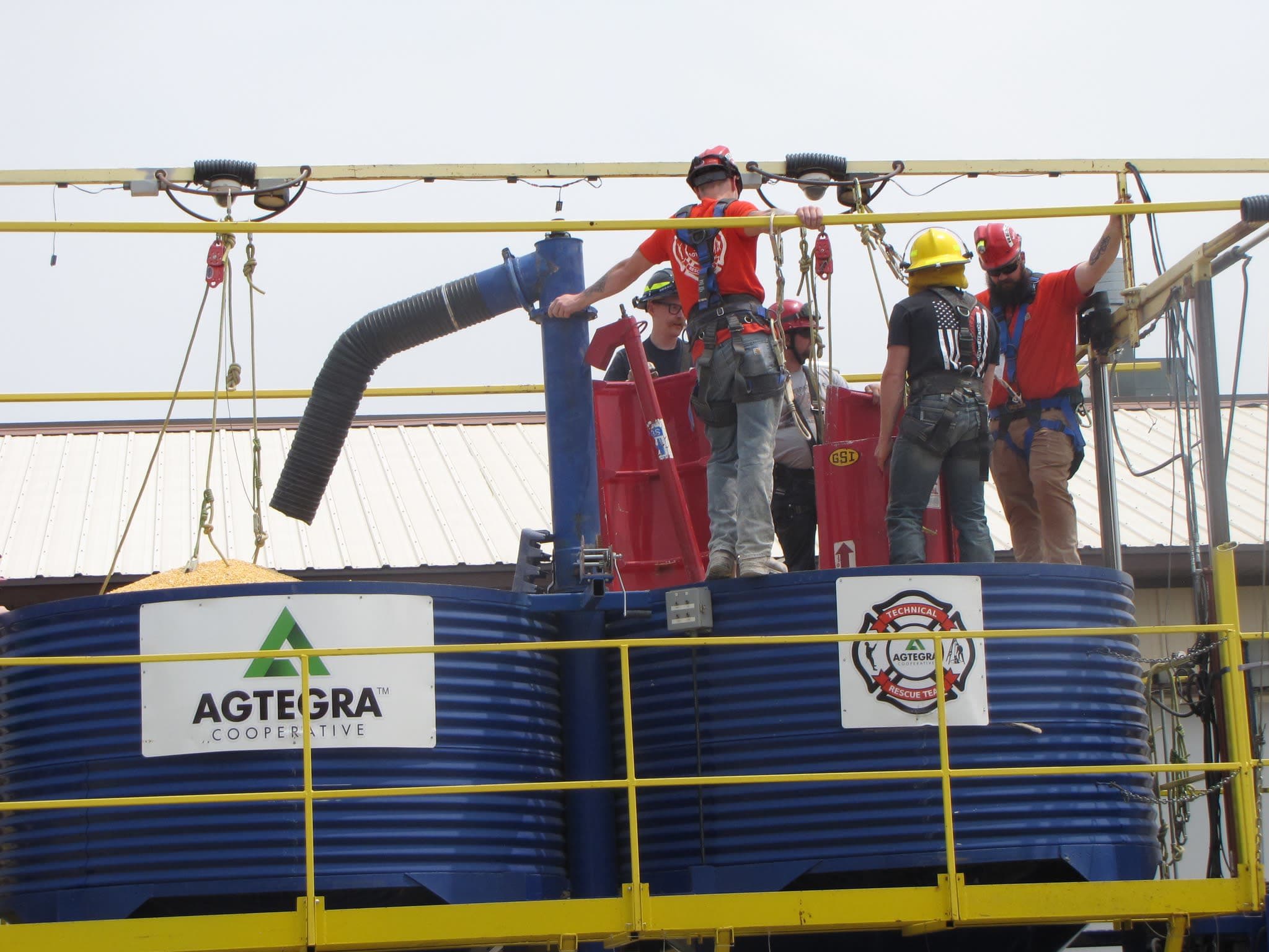
Grain Entrapment / Rescue - Fri.
Friday Full Day Classes - ~8hrs.
Location
Speakers
-
Agtegra Cooperative Technical Rescue TeamOur Technical Rescue Team (TRT) is made up of a team of Agtegra employees who are trained and certified in high angle technical rescue. Training throughout the year, this team is equipped and ready to respond to a grain bin engulfment or any other scenario that may require a high angle rescue.
Summary

Creating a Culture of Craft - Fri.
Friday Full Day Classes - ~8hrs.
Location
Speakers
-
Stone Face FOOLSA Fraternal Order of Leatherheads (FOOLS) chapter representing Western South Dakota.
Summary
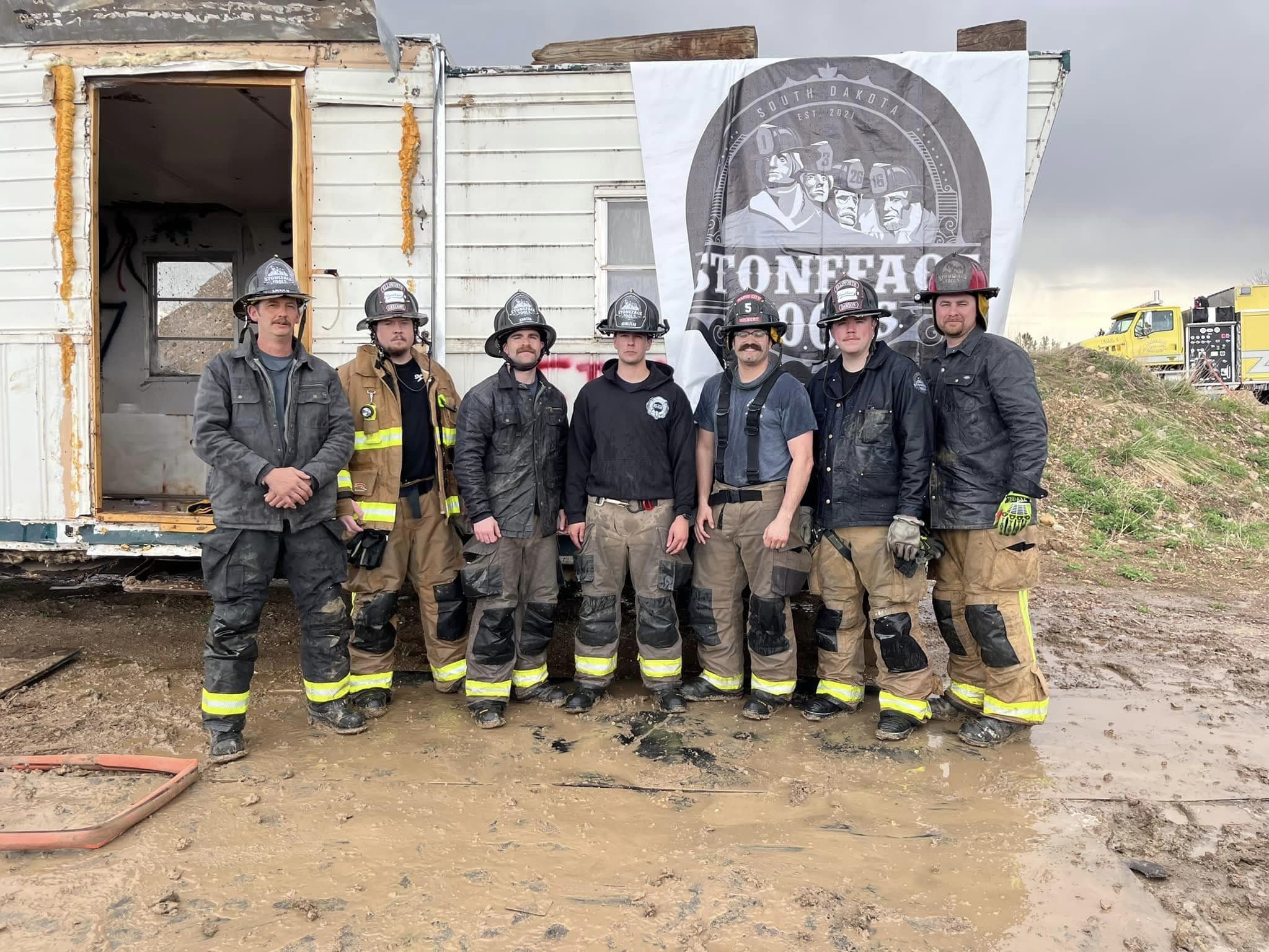
No Gimmicks Handline Management - Fri.
Friday Full Day Classes - ~8hrs.
Location
Speakers
-
Stone Face FOOLSA Fraternal Order of Leatherheads (FOOLS) chapter representing Western South Dakota.
Summary

Rural Firefighting Tactics - Fri.
Friday Full Day Classes - ~8hrs.
Location
Speakers
-
Derek PetersenDerek Peterson has been in the fire service since 1991. He retired a Captain and Paramedic from the Saint Paul (MN) Fire Department in January of 2022. Derek has been a certified fire instructor with various technical colleges and training institutions for the last 27 years. He currently acts as a lead instructor for Century College’s Continuing Education Program and other various Leadership Courses. Derek has developed courses on modern fire attack, rapid intervention, company operations, incident command for technical rescue, advanced strategies and tactics, and leadership.
-
David RadtkeDave is a southern Minnesota native, being born and raised in the Minnesota Lake area. Dave is a fulltime EHS manager with over 10 years of experience in the EHS arena working for companies such as American Crystal Sugar Company in the Red River valley of Minnesota and North Dakota as well as Pinnacle Foods- Birds Eye Division. Dave has a background in training and emergency response and is an active volunteer firefighter, celebrating his 15th year of service. Prior to becoming an EHS Manager Dave worked fulltime in Emergency Medical services for North Ambulance and Allina Health EMS with a combined tenure of over ten years of ALS care. Dave is an adjunct instructor with Minnesota State Colleges and Universities- MNSCU, instructing in Fire/Rescue, EMS, OSHA, and MSHA. Dave is passionate on training his fellow firefighters on solid tactics and strategies to ensure an aggressive, safe outcome for all involved.
Summary
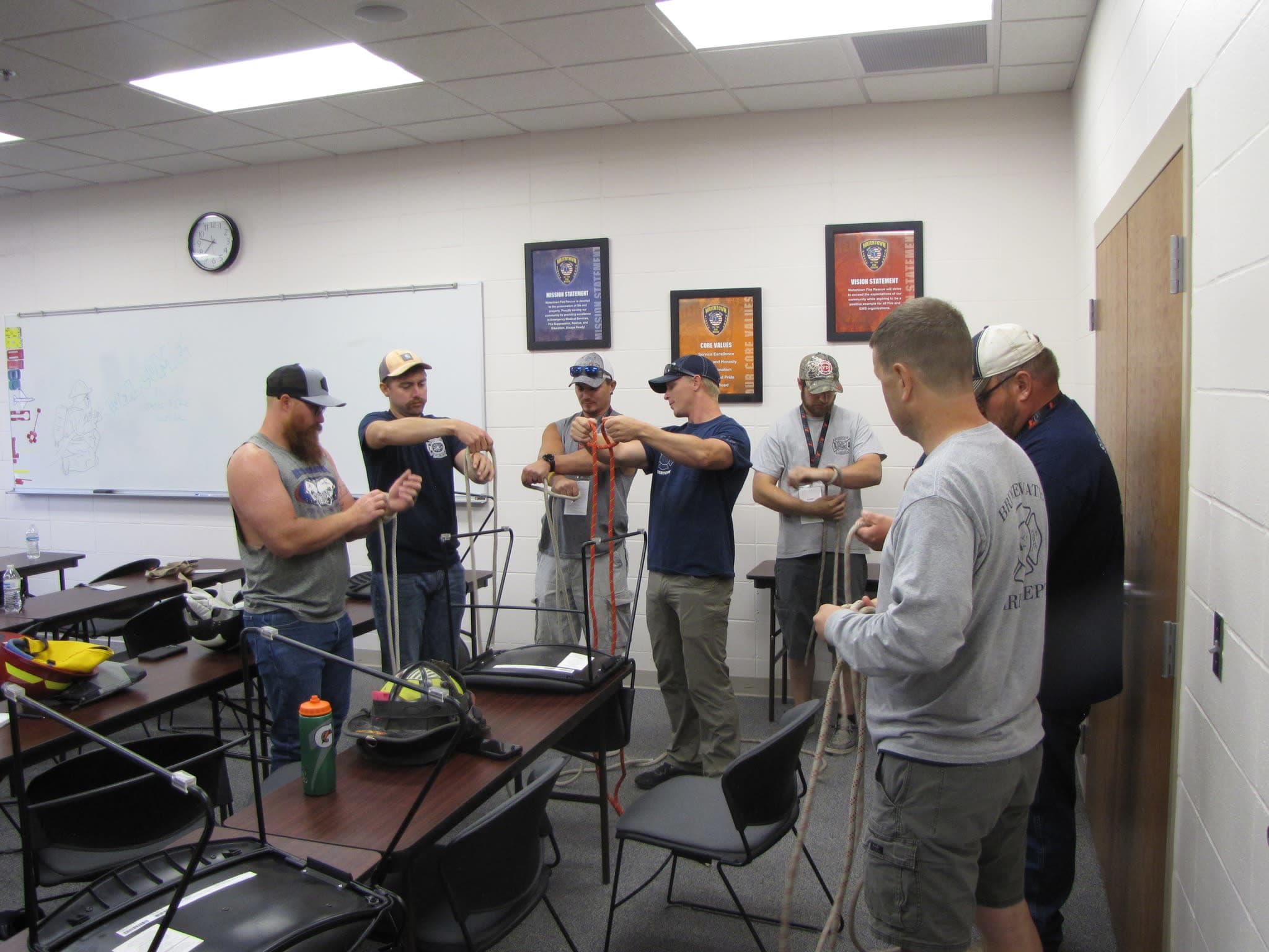
Rope Rescue - Part 1 - BASIC - Fri.
Friday Full Day Classes - ~8hrs.
Location
Speakers
-
Cameron MackCameron Mack has been a firefighter/paramedic with Watertown Fire Rescue since 2013. He is a certified Rope Rescue Instructor and is also certified as a Tower Rescue Instructor. To further continue his Rope Rescue education, he became certified by the Society of Professional Rope Access Technicians (SPRAT) as a Level 1 technician in 2020. He also instructs Confined Space Rescue courses and assists with Trench Rescue courses at Watertown Fire Rescue. On his off days from the fire department he is a Paramedic instructor for Lake Area Technical College in Watertown.
Summary
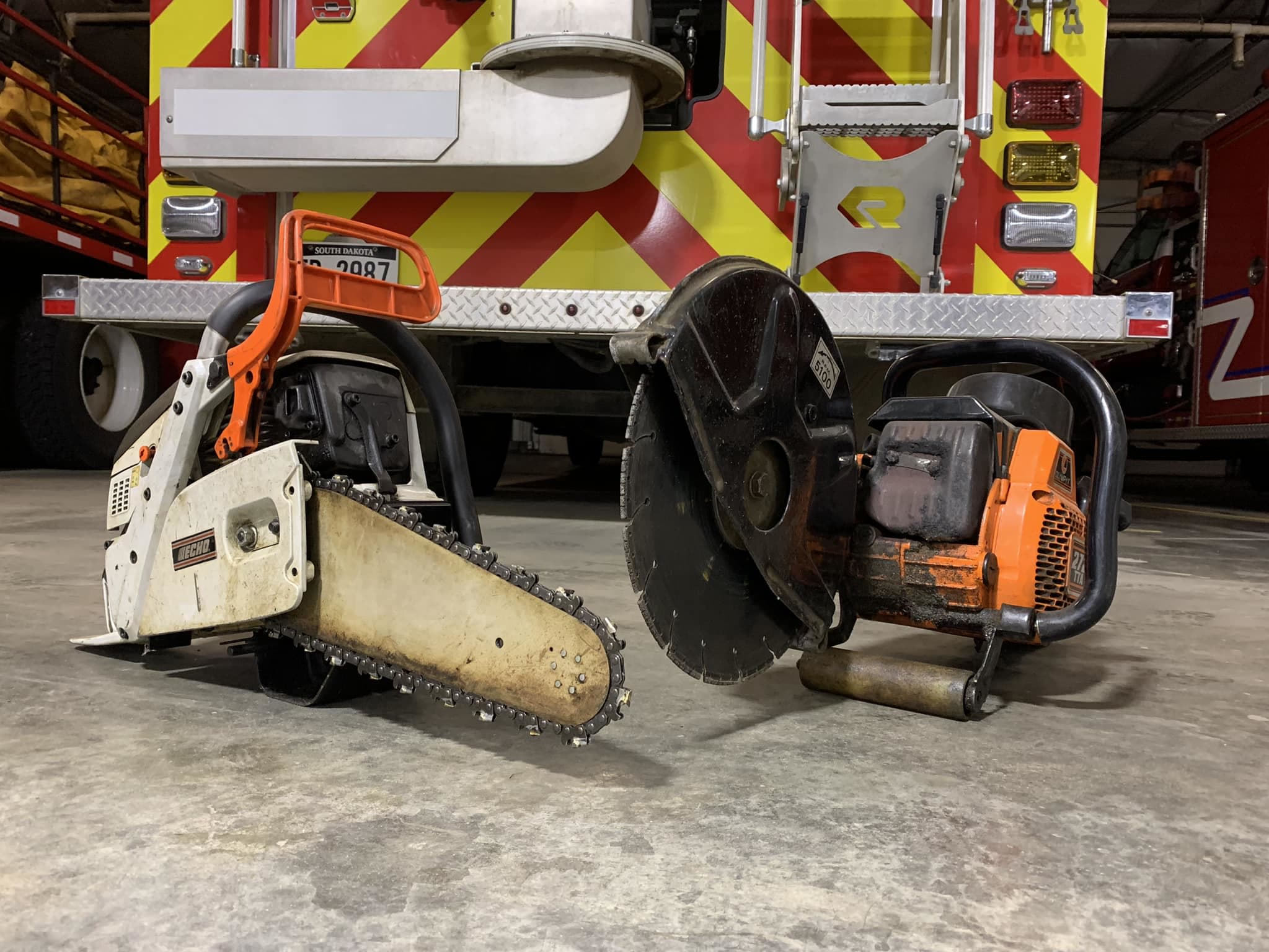
Small Engine BASIC Maintenance, Repair and Troubleshooting - Fri.
Friday Full Day Classes - ~8hrs.
Location
Speakers
-
Greg KockEducation and Credentials A.A.S. in Diesel Technology at Lake Area Technical College Diploma in Small Business at Allied University A.A.S. in General Studies at Mitchell Technical College B.A. in Technical Leadership/Management at University of South Dakota Bio: Greg Kock earned a diploma in Diesel Technology & Management from Lake Area Tech and an AAS degree in Technical Studies from Mitchell Technical College. He is ASE Master Certified in Medium/Heavy Truck, holds ESCO A/C Certification Section 608, MACS A/C Certification Section 608, and is also OSHA certified. Kock has more than 20 years of experience in the diesel technology industry including experience as a heavy equipment mechanic, business owner, and instructor.
Summary
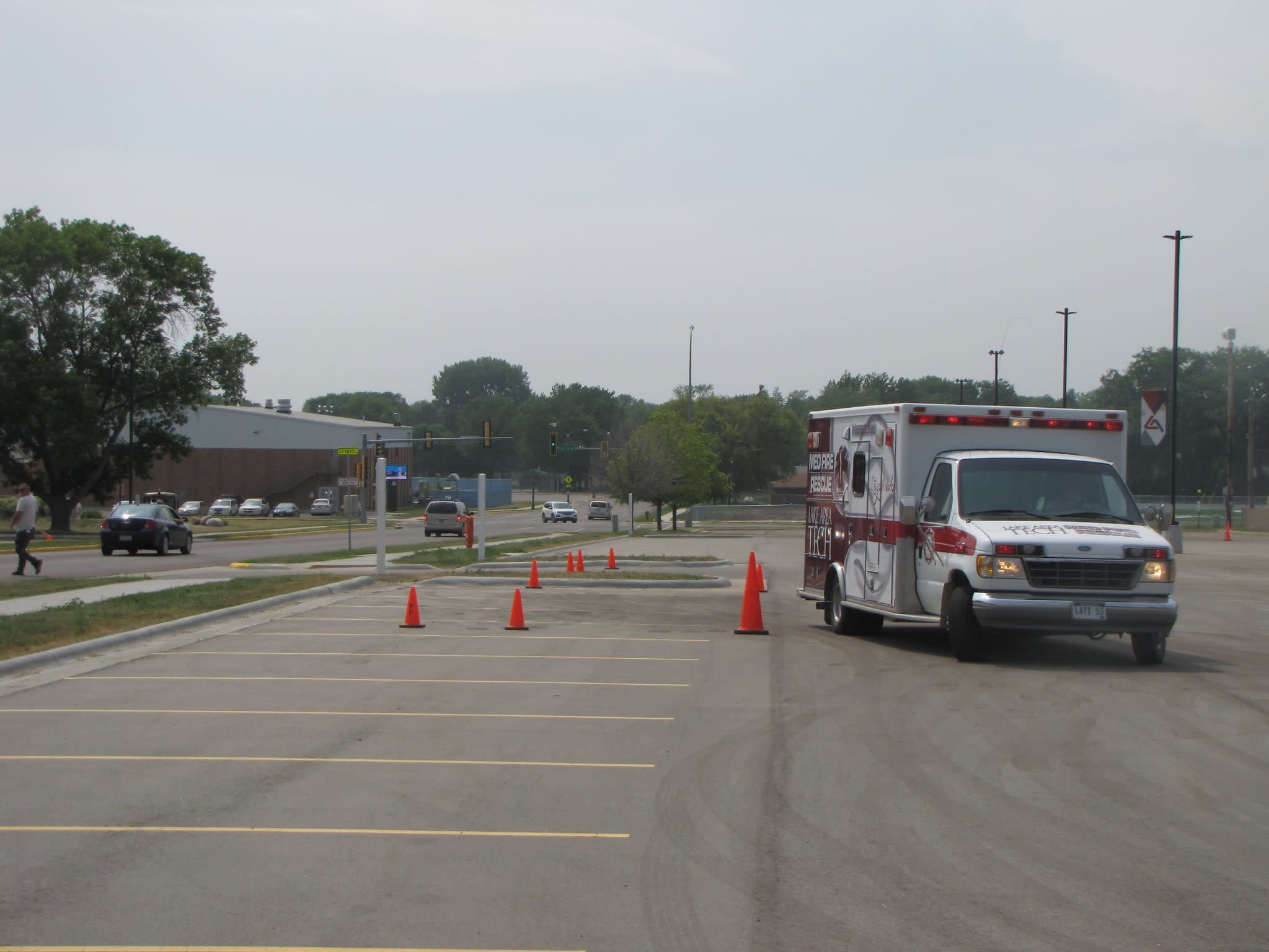
Emergency Vehicle Operator Course - EVOC - Fri.
Friday Full Day Classes - ~8hrs.
Location
Speakers
-
Brad Georgeson - Fire ChiefI’ve been a member of Hurley Volunteer Fire Department since 1999 and served as Chief since 2009 and a few years as 2nd Asst. Chief previous to that. I was hired as the emergency manager for Turner County in 2013 and have served as Director since that time. I am also currently the president of the Turner County Emergency Services Association. I volunteer on Parker Ambulance as well and have been a certified fire instructor since 2009.
Summary
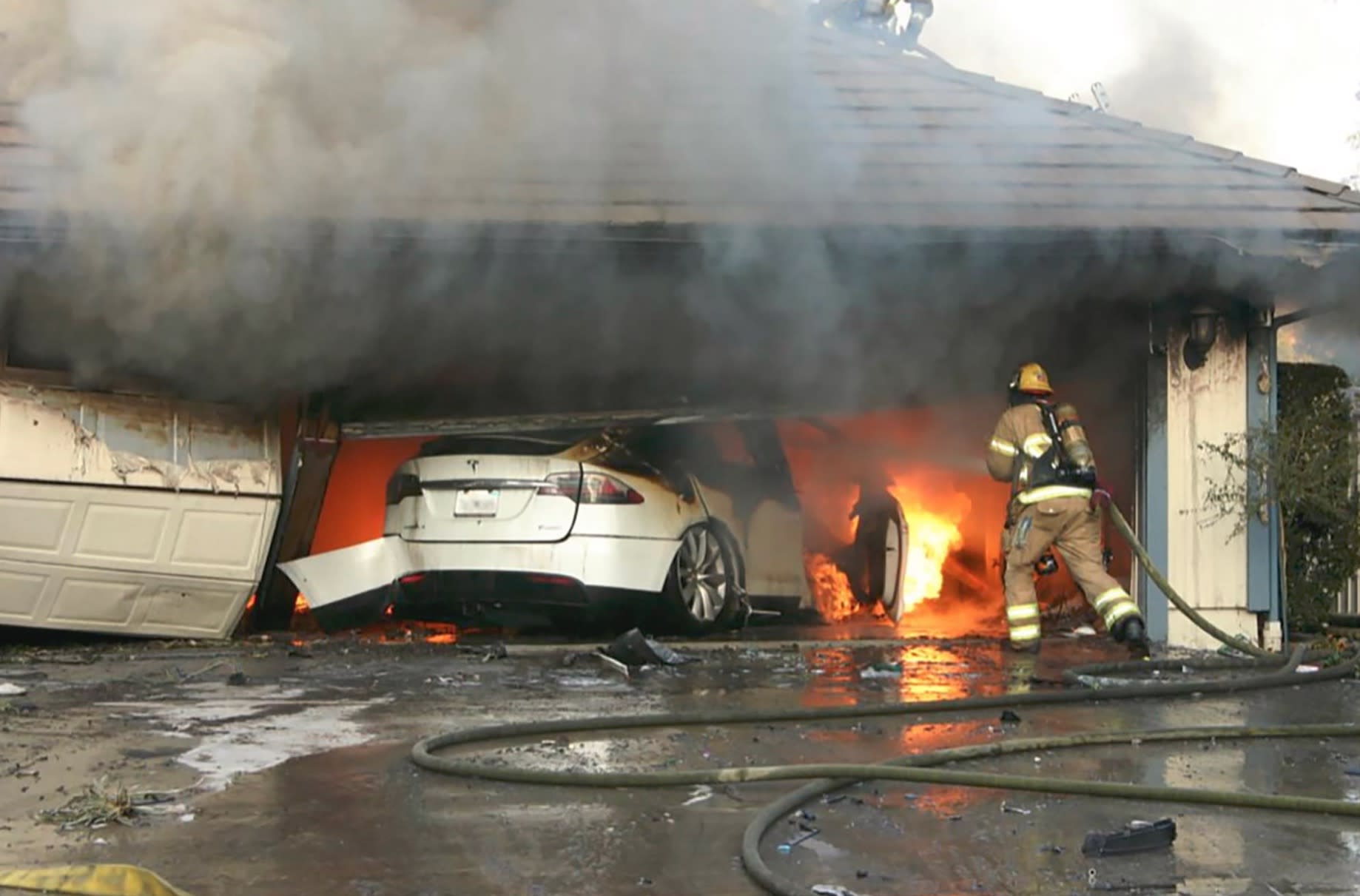
Best Practice Strategy and Tactics in the Electric Vehicle Era - Fri.
Friday Full Day Classes - ~8hrs.
Location
Speakers
-
Dan MillerDan Miller is a retired fire chief and nationally recognized subject mater expert and educator in firefighting, hazardous materials, technical rescue, incident command, and electric vehicle fire tactics. Dan holds degrees in fire science and electronics technology with over 40 years of fire service experience. He is published in Fire Engineering Magazine. Dan began his fire service duties in 1980 with Yutan (Nebraska) Volunteer Fire Dept. where he served for 38 years. He retired as Bat. Chief with Omaha Fire Department in 2018, and was Fire Chief in Columbus, Nebraska for four years before retiring in 2021. Dan is the founder and CEO of Training Under Fire, LLC, and lives in Mead, Nebraska.
Summary
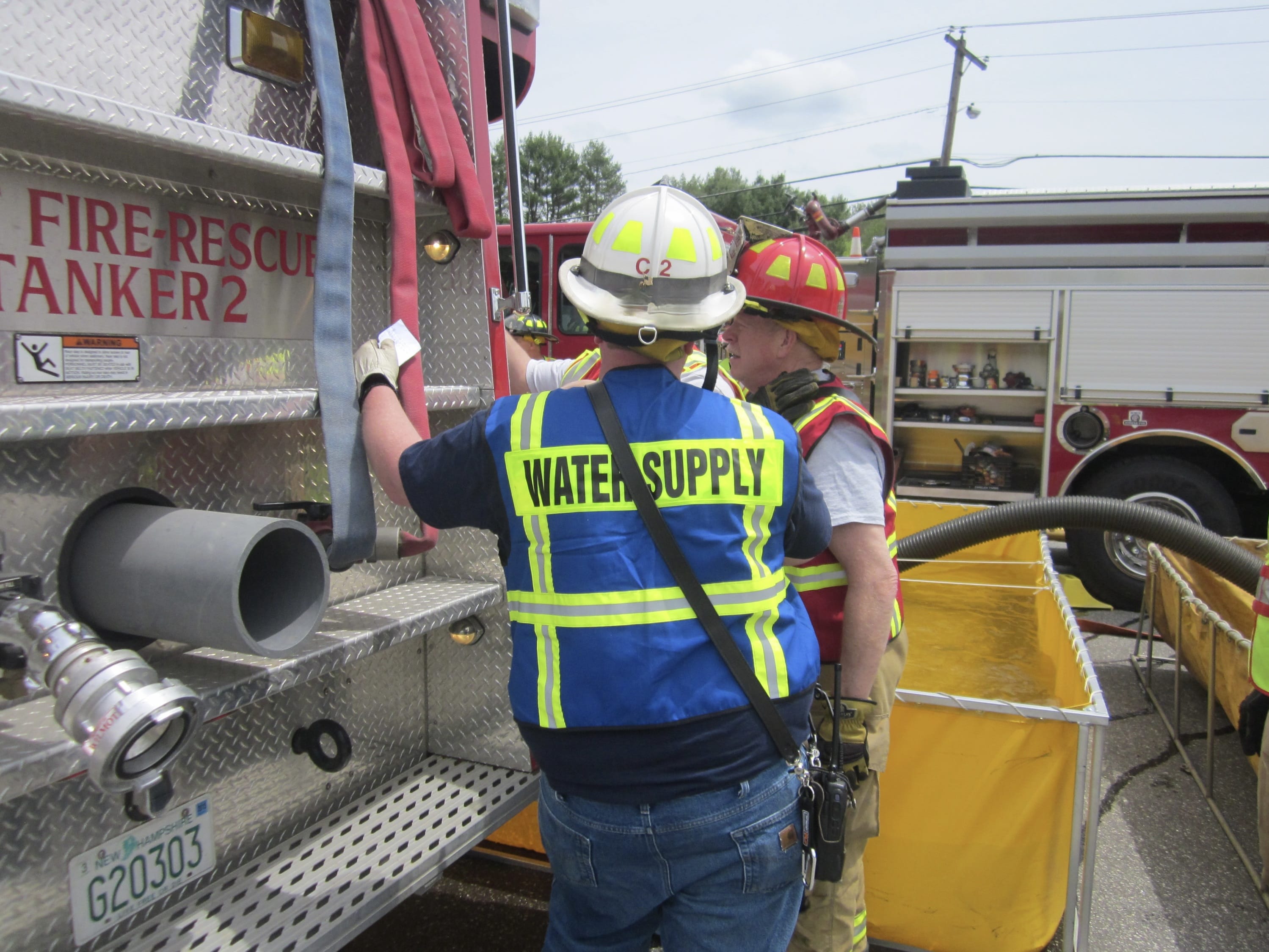
Water Supply Officer - Fri.
Friday Full Day Classes - ~8hrs.
Location
Speakers
-
Mark DavisMark Davis has been involved in the fire service for over 40 years and is the founder and owner of GBW Associates, LLC. Mark is currently a career Battalion Chief with a county fire/rescue service in Maryland and past Fire Chief with his local, rural VFD in Carroll County, Maryland. Mark has a bachelor’s and a master’s degree from the University of Maryland where he concentrated on fire science and public administration. He is a Certified Fire Protection Specialist (CFPS), Master Pond Manager, certified State instructor and has been involved in training for over 35 years.
Summary
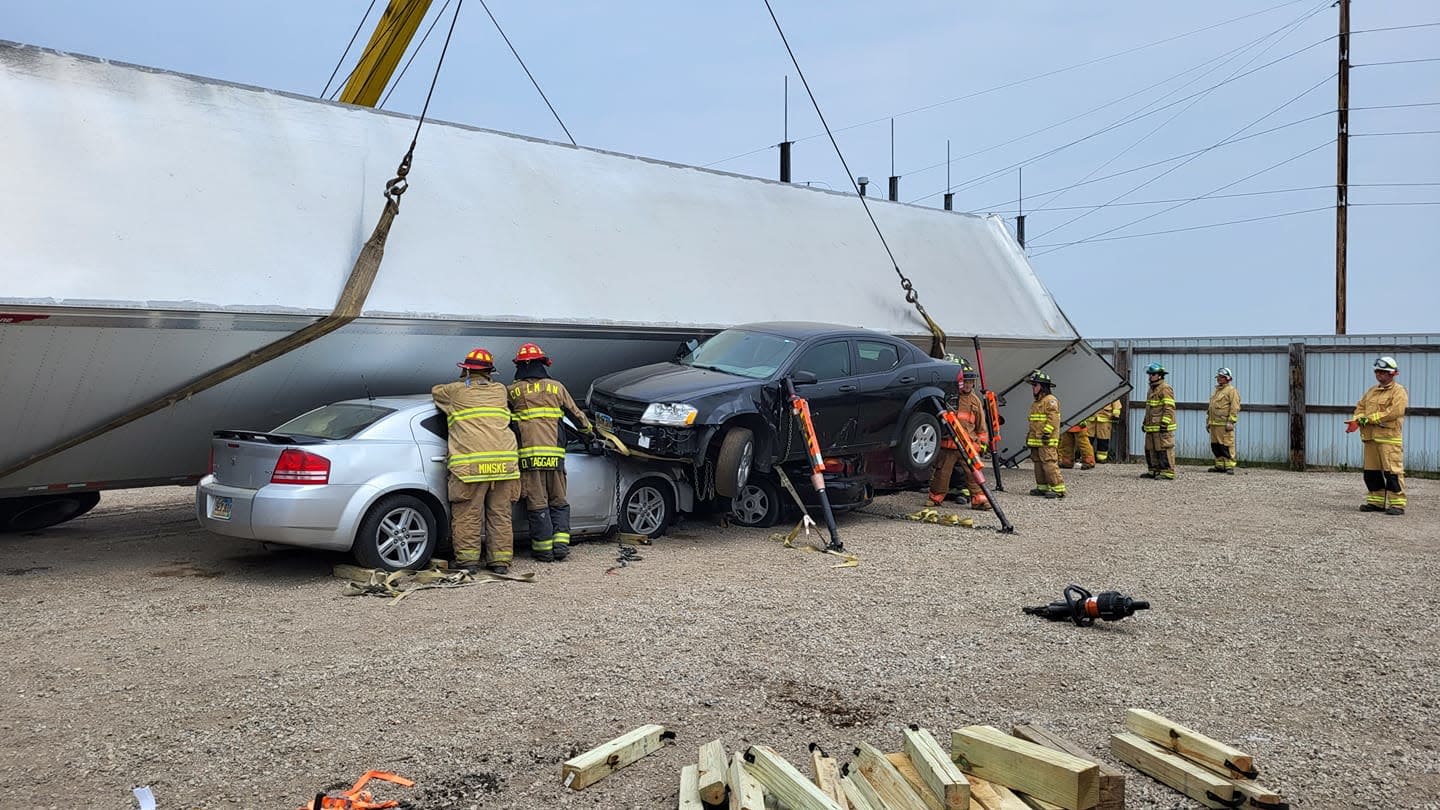
Heavy Rescue/Stabilization & Extrication - Fri.
Friday Full Day Classes - ~8hrs.
Location
Speakers
-
Karter LesmannFire Chief in Burlington, ND for 10 years. FF1 & FF2 Certified. Courage to Be Safe Instructor, Extrication, Big Rig, Haz-Mat Ops and State Certification Tester.
-
Ty UtheFire Chief in Burlington, ND for 10 years. FF1 & FF2 Certified. Courage to Be Safe Instructor, Extrication, Big Rig, Haz-Mat Ops and State Certification Tester.
-
Austin LesmannFire Chief in Burlington, ND for 10 years. FF1 & FF2 Certified. Courage to Be Safe Instructor, Extrication, Big Rig, Haz-Mat Ops and State Certification Tester.
-
Jayden CasavantFire Chief in Burlington, ND for 10 years. FF1 & FF2 Certified. Courage to Be Safe Instructor, Extrication, Big Rig, Haz-Mat Ops and State Certification Tester.
Summary

ISO Fire Suppression Rating Schedule (FSRS) Overview - Fri. AM
Friday AM Classes - ~4hrs.
Location
Speakers
-
Rob Holso - ISO Sr. Field RepresentativeRobert Holso (Rob) lives just outside of Rapid City in Pennington County. Rob has been on the Whispering Pines VFD since 2012 and was the Pennington County Fire Officer of the year 2017. Rob has a bachelor's degree in business management and has been with ISO since 2013 and covers the entire state of South Dakota. Prior to ISO, Rob managed numerous Walgreen's Drug stores in South Dakota and Wyoming for over 13 years.
Summary
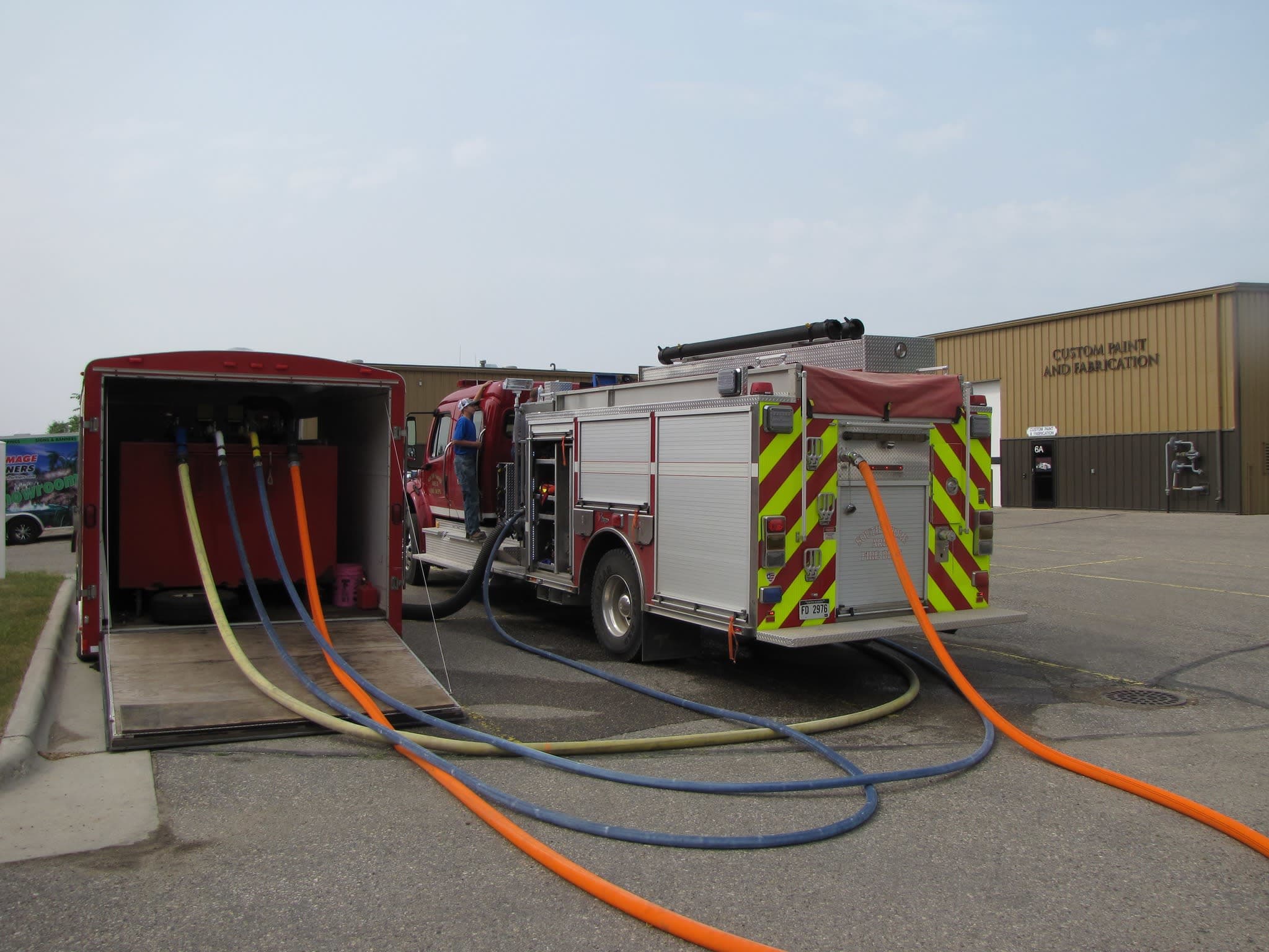
Pump Operations - Fri. AM
Friday AM Classes - ~4hrs.
Location
Speakers
-
Christopher Noeldner - Firefighter/ParamedicChris Noeldner has been a career firefighter paramedic with Watertown Fire Rescue since 2001. Chris has been teaching pump operations in North Dakota, South Dakota and Minnesota for the last 10 years with the mobile training simulator built by FD International. He started his firefighting career as a volunteer and has worked with many career and volunteer departments to design training for their response.
Summary
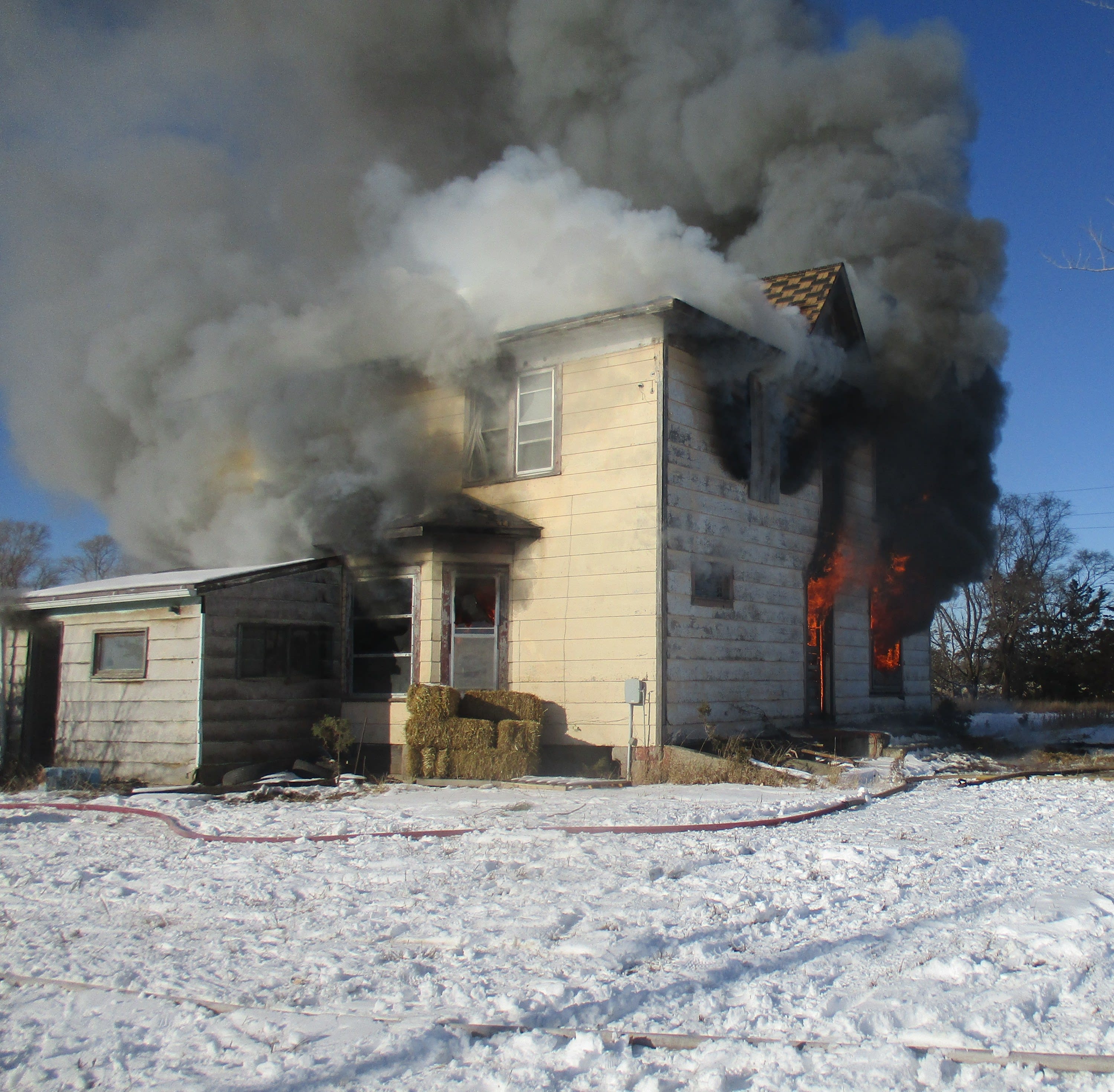
Reading Smoke for Tactical Decision Making - Fri. AM
Friday AM Classes - ~4hrs.
Location
Speakers
-
Benjamin Willey - Captain Fargo Fire DepartmentI have been happily married since 2002 to my wife, Lacey. She is a paraprofessional working with emotionally disturbed children for an elementary school in the Fargo Public School District. We have two children, Noah who is 18yo and studying nursing at North Dakota State University and Ella who is 16yo and a sophomore in the Fargo Public School District. Ella plans to study forensic psychology with the hopes of becoming a police profiler. I have been in the fire service since 2003. I am currently an engine company captain for the Fargo Fire Department. I previously served as a training captain for the department from 2018 to 2023. I have also been an instructor for the North Dakota Firefighters Association since 2007. I have a passion for learning, especially about leadership, relationship building, and, of course, fire fighting. I have found instructing provides the greatest opportunities to feed this passion while also sharing it with others. I appreciate the opportunity to extend my circle to the brothers and sisters of the South Dakota fire service and thank you all for inviting me to be a part of your learning experience.
Summary
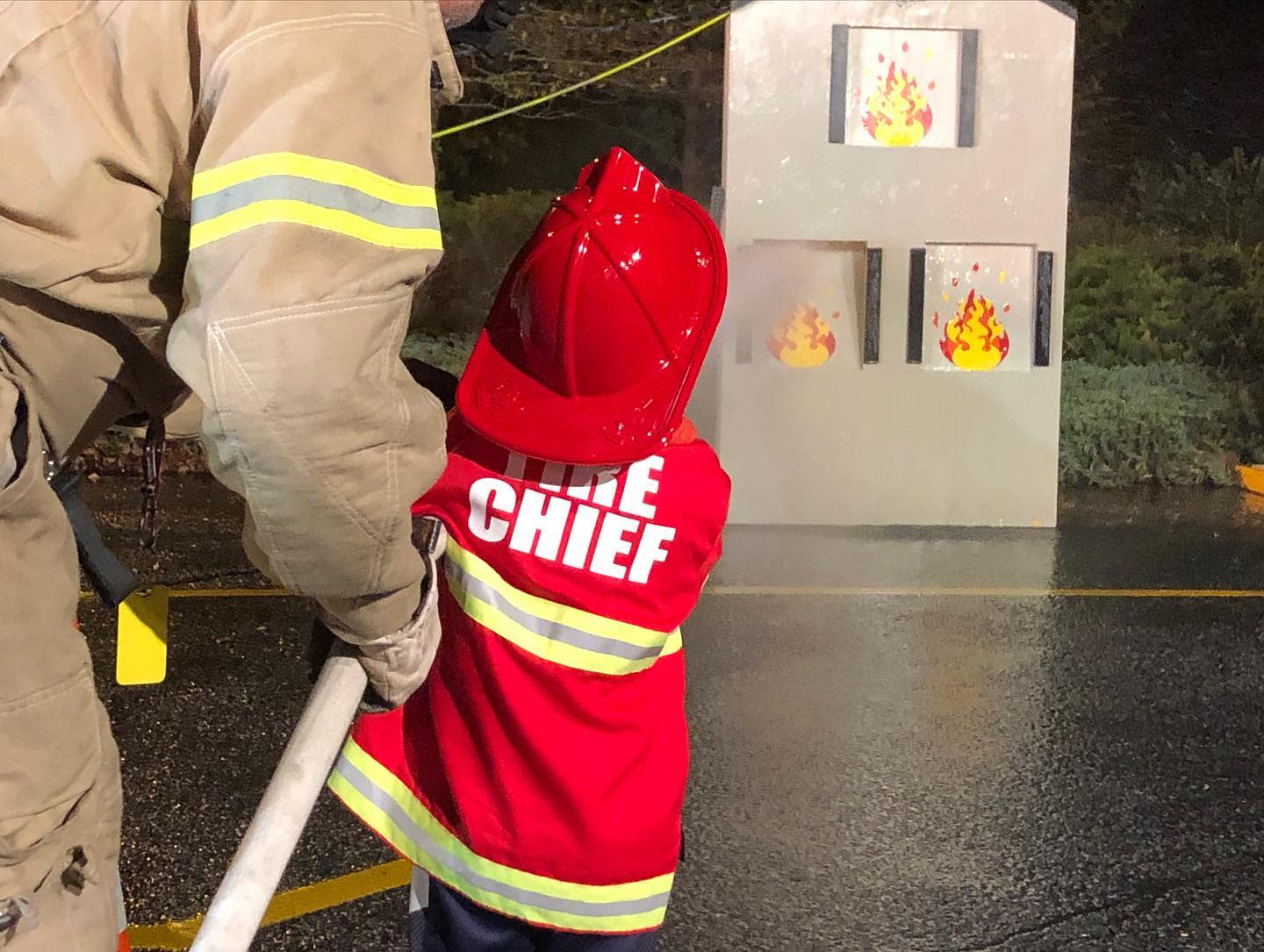
1st Grade-5th Grade Youth Fire Safety and Intro to Fire Department Profession - Fri. AM
Friday AM Classes - ~4hrs.
Location
Speakers
-
Tyler TjeerdsmaSioux Falls Fire Rescue Prevention Staff
-
Robert SmallSioux Falls Fire Rescue Prevention Staff
-
Brandon FeySioux Falls Fire Rescue Prevention Staff
Summary
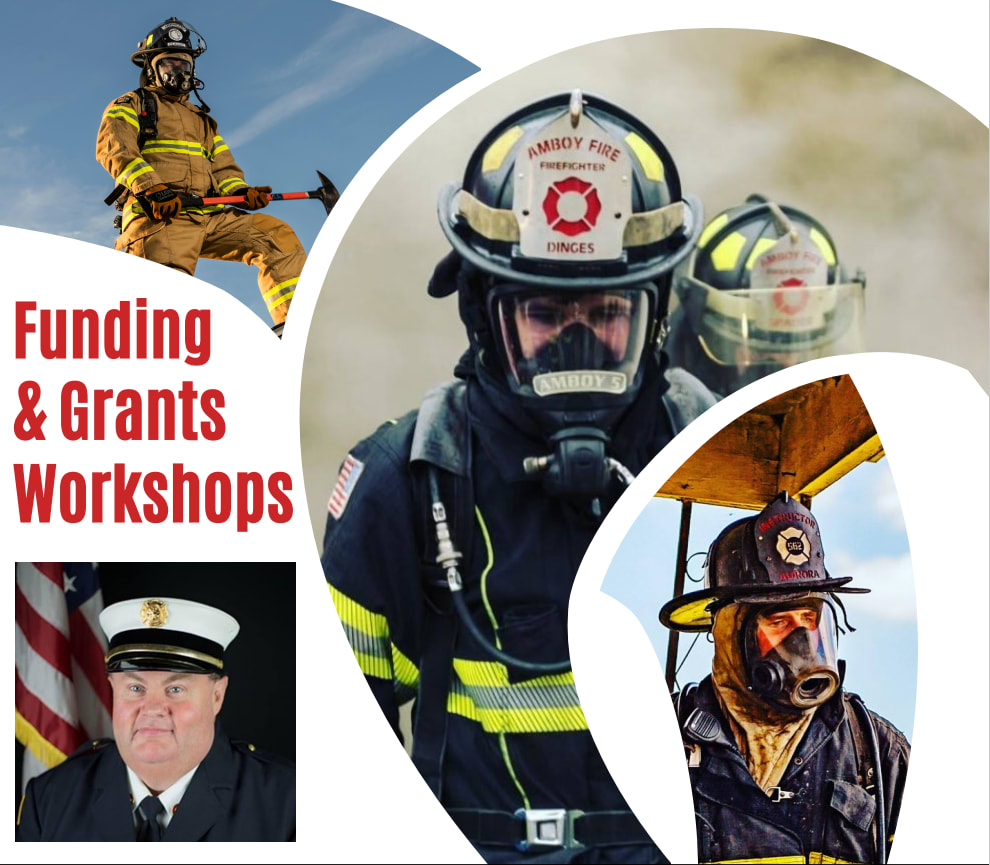
Funding and Grant Workshop - Fri. AM
Friday AM Classes - ~4hrs.
Location
Speakers
-
Jeff Bryant - Fire Chief Amboy Fire Protection DistrictChief Jeff Bryant has been successful in obtaining over 20 million dollars in grants and funding opportunities for his and surrounding departments. Jeff has built up a vast amount of knowledge on the subject over more than 30 years and wants to pass on and share his knowledge, tips, and tricks with all those that want to learn.
-
Chad Bromenschenkel - Chief Sales OfficerChief Sales Officer - Dinges Fire Company
Summary
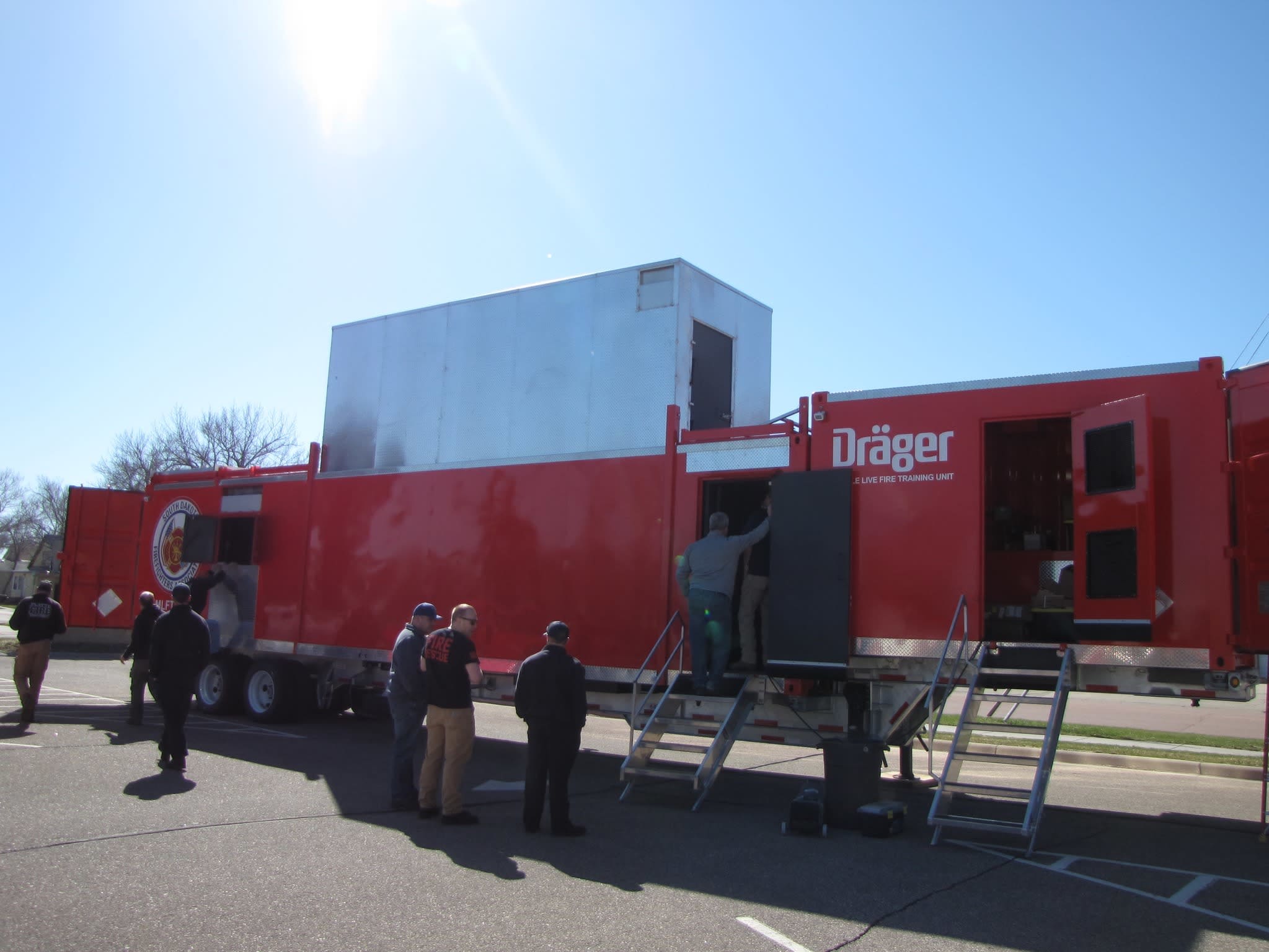
SDFA MLFTU - LEAD Level Train the Trainer - Fri. AM
Friday AM Classes - ~4hrs.
Location
Summary

ISO Fire Suppression Rating Schedule (FSRS) Overview - Fri. PM
Friday PM Classes - ~4hrs.
Location
Speakers
-
Rob Holso - ISO Sr. Field RepresentativeRobert Holso (Rob) lives just outside of Rapid City in Pennington County. Rob has been on the Whispering Pines VFD since 2012 and was the Pennington County Fire Officer of the year 2017. Rob has a bachelor's degree in business management and has been with ISO since 2013 and covers the entire state of South Dakota. Prior to ISO, Rob managed numerous Walgreen's Drug stores in South Dakota and Wyoming for over 13 years.
Summary

Pump Operations - Fri. PM
Friday PM Classes - ~4hrs.
Location
Speakers
-
Christopher Noeldner - Firefighter/ParamedicChris Noeldner has been a career firefighter paramedic with Watertown Fire Rescue since 2001. Chris has been teaching pump operations in North Dakota, South Dakota and Minnesota for the last 10 years with the mobile training simulator built by FD International. He started his firefighting career as a volunteer and has worked with many career and volunteer departments to design training for their response.
Summary
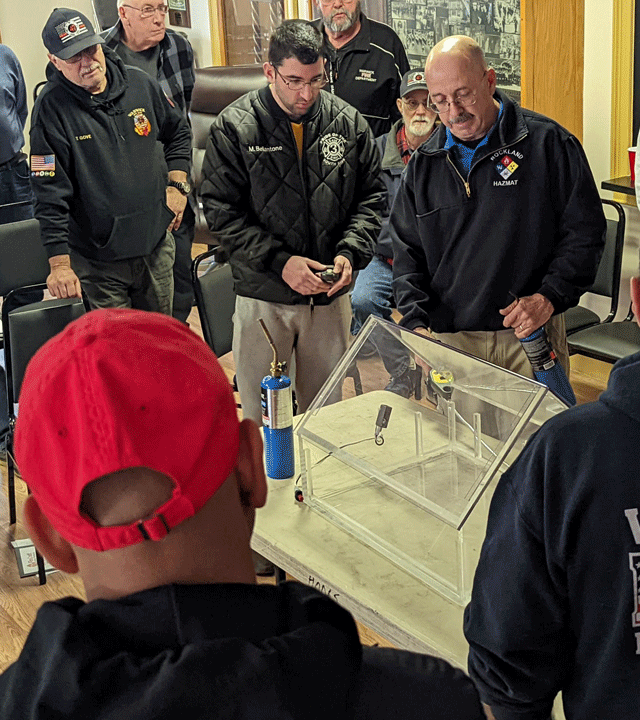
You Don’t Know What You Don’t Know About Gas Leaks - Fri. PM
Friday PM Classes - ~4hrs.
Location
Speakers
-
Jerry KnappJerry Knapp is a 39-year veteran firefighter/EMT with the West Haverstraw (NY) Fire Department and a training officer at the Rockland County Fire Training Center in Pomona, New York. He is a member of the technical panel for the Underwriters Laboratories research on interior and exterior fire attack at residential fires. He is the chief of the Rockland County (NY) Hazmat Team and a former nationally certified paramedic. He has a degree in fire protection and is an adjunct professor of fire technology. He authored the Fire Attack chapter in Fire Engineering’s Handbook for Firefighter I and II and has had numerous articles published in Fire Engineering.
Summary

6th Grade-12th Grade Youth Fire Safety and Intro to Fire Department Profession - Fri. PM
Friday PM Classes - ~4hrs.
Location
Speakers
-
Tyler TjeerdsmaSioux Falls Fire Rescue Prevention Staff
-
Robert SmallSioux Falls Fire Rescue Prevention Staff
-
Brandon FeySioux Falls Fire Rescue Prevention Staff
Summary
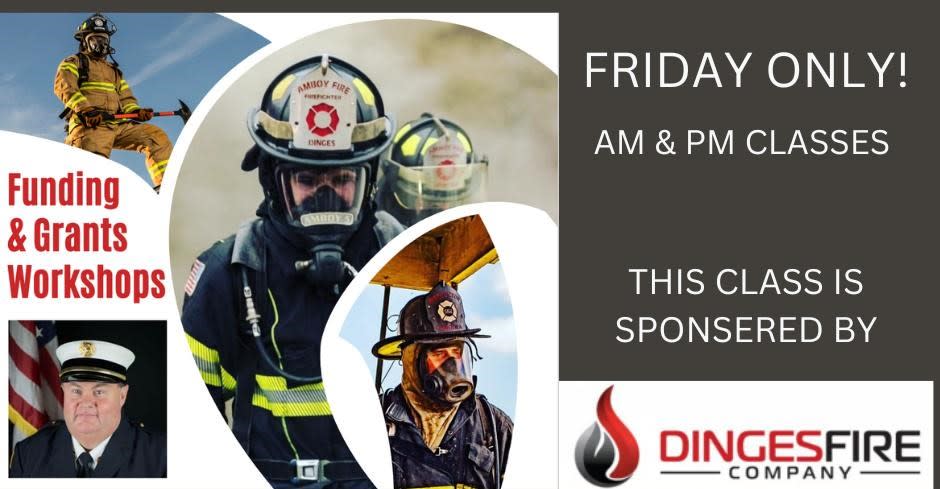
Funding and Grant Workshop - Fri. PM
Friday PM Classes - ~4hrs.
Location
Speakers
-
Jeff Bryant - Fire Chief Amboy Fire Protection DistrictChief Jeff Bryant has been successful in obtaining over 20 million dollars in grants and funding opportunities for his and surrounding departments. Jeff has built up a vast amount of knowledge on the subject over more than 30 years and wants to pass on and share his knowledge, tips, and tricks with all those that want to learn.
-
Chad Bromenschenkel - Chief Sales OfficerChief Sales Officer - Dinges Fire Company
Summary

SDFA MLFTU - LEAD Level Train the Trainer - Fri. PM
Friday PM Classes - ~4hrs.
Location
Summary

General Aviation Response for Small Departments - Sat.
Saturday Full Day Classes - ~8hrs.
Location
Speakers
-
Greg Klein - Aviation Dept Supervisor - RETIRED
-
Tony Wiegman - Aviation Dept SupervisorTony was introduced to flying by his uncle in Graceville, MN, where he grew up and helped on his father’s farm. With a knack for being mechanical and loving the wind in his face, an ultra light was purchased and “tested to its limits” for years to come. After high school, Tony attended and graduated from Wilmar Votech studying and working in diesel mechanics until he discovered his true passion, aviation. It was then that he attended Lake Area Technical College from 1987 to 1989 studying airframe and power-plant and graduating with the D. D. Miller award.
-
Joe Foss Field - South Dakota Air National Guard CFR
Summary

Flashover Simulator/Live Fire Training - Sat.
Saturday Full Day Classes - ~8hrs.
Location
Speakers
-
Customized Firefighter TrainingCustomized Firefighter Training Inc. was established in 1998. Founder, Jim Carpenter was seeing a need to give quality hands on training that comes to the department. Carpenter is a 30-year veteran of the fire service. His company now travels to 5 states performing classes on interior attack and Flashover recognition along with a wide range of topics. All our staff is seasoned Firefighters that have or are rising through the ranks in both volunteer and career fire departments. Most of them have been with us for 10 years or more. We pride ourselves in trying to have the most up to date training, taught in a thought provoking and interactive class with real-life hands-on training.
Summary

SCBA Confidence Course - Sat.
Saturday Full Day Classes - ~8hrs.
Location
Speakers
-
Dalton Axelsen - Firefighter/ParamedicDalton Axelsen firefighter paramedic with Watertown Fire Rescue. He has been with Watertown Fire for just over 5 years now. He started in the fire service as a volunteer with the Aurora Fire Dept. Currently a member of the Pheasant Country FOOLS. Is a rope rescue tech, confined space tech, and hazmat railcar specialist. He also is an adjunct instructor for the Med/Fire Rescue program at Lake Area Technical College.
Summary

Grain Entrapment / Rescue - Sat.
Saturday Full Day Classes - ~8hrs.
Location
Speakers
-
Agtegra Cooperative Technical Rescue TeamOur Technical Rescue Team (TRT) is made up of a team of Agtegra employees who are trained and certified in high angle technical rescue. Training throughout the year, this team is equipped and ready to respond to a grain bin engulfment or any other scenario that may require a high angle rescue.
Summary
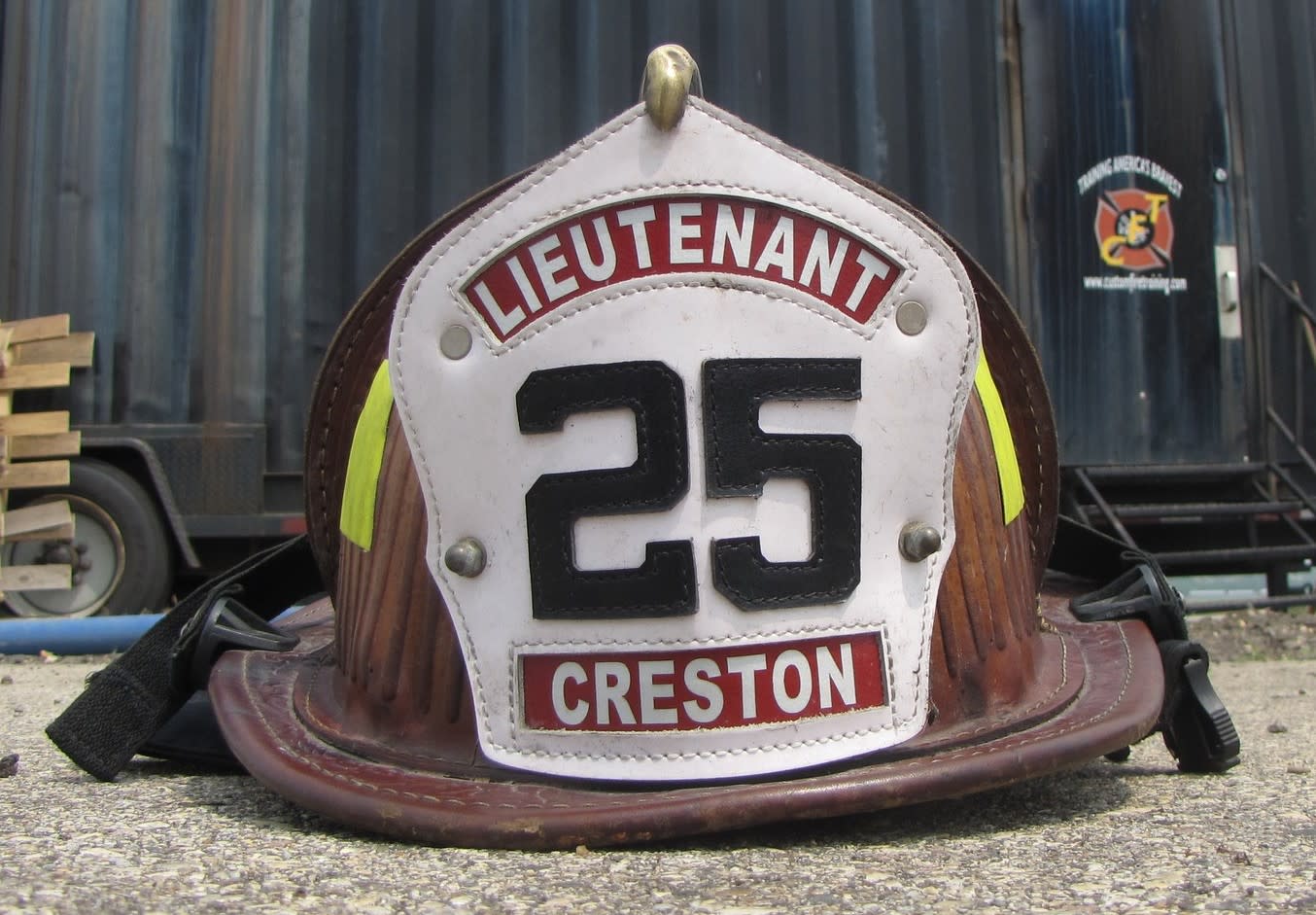
Building the Fire Officer - Sat.
Saturday Full Day Classes - ~8hrs.
Location
Speakers
-
Derek PetersonDerek Peterson has been in the fire service since 1991. He retired a Captain and Paramedic from the Saint Paul (MN) Fire Department in January of 2022. Derek has been a certified fire instructor with various technical colleges and training institutions for the last 27 years. He currently acts as a lead instructor for Century College’s Continuing Education Program and other various Leadership Courses. Derek has developed courses on modern fire attack, rapid intervention, company operations, incident command for technical rescue, advanced strategies and tactics, and leadership.
-
David RadtkeDave is a southern Minnesota native, being born and raised in the Minnesota Lake area. Dave is a fulltime EHS manager with over 10 years of experience in the EHS arena working for companies such as American Crystal Sugar Company in the Red River valley of Minnesota and North Dakota as well as Pinnacle Foods- Birds Eye Division. Dave has a background in training and emergency response and is an active volunteer firefighter, celebrating his 15th year of service. Prior to becoming an EHS Manager Dave worked fulltime in Emergency Medical services for North Ambulance and Allina Health EMS with a combined tenure of over ten years of ALS care. Dave is an adjunct instructor with Minnesota State Colleges and Universities- MNSCU, instructing in Fire/Rescue, EMS, OSHA, and MSHA. Dave is passionate on training his fellow firefighters on solid tactics and strategies to ensure an aggressive, safe outcome for all involved.
Summary
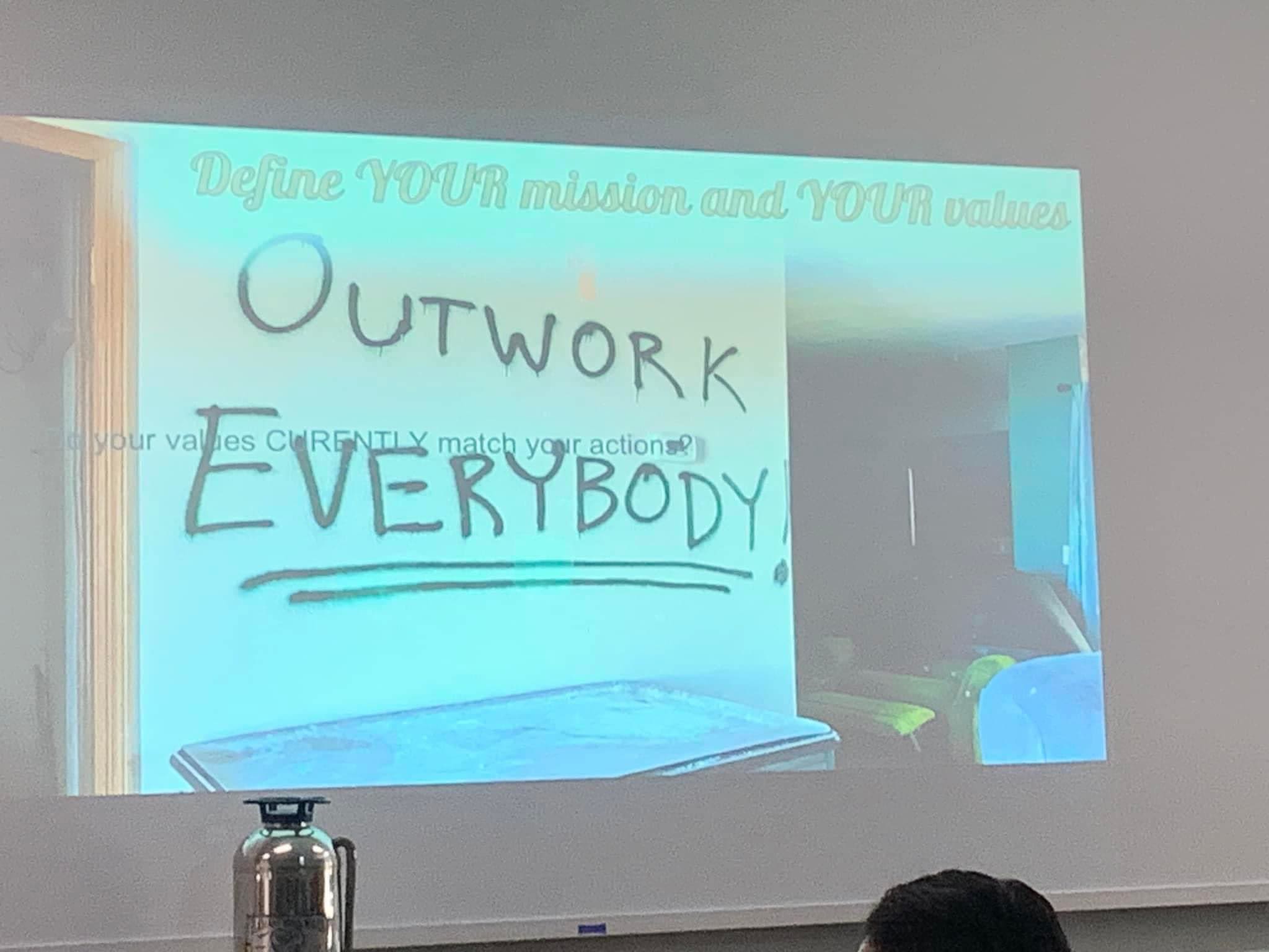
Creating a Culture of Craft - Sat.
Saturday Full Day Classes - ~8hrs.
Location
Speakers
-
Stone Face FOOLSA Fraternal Order of Leatherheads (FOOLS) chapter representing Western South Dakota.
Summary

No Gimmicks Handline Management - Sat.
Saturday Full Day Classes - ~8hrs.
Location
Speakers
-
Stone Face FOOLSA Fraternal Order of Leatherheads (FOOLS) chapter representing Western South Dakota.
Summary
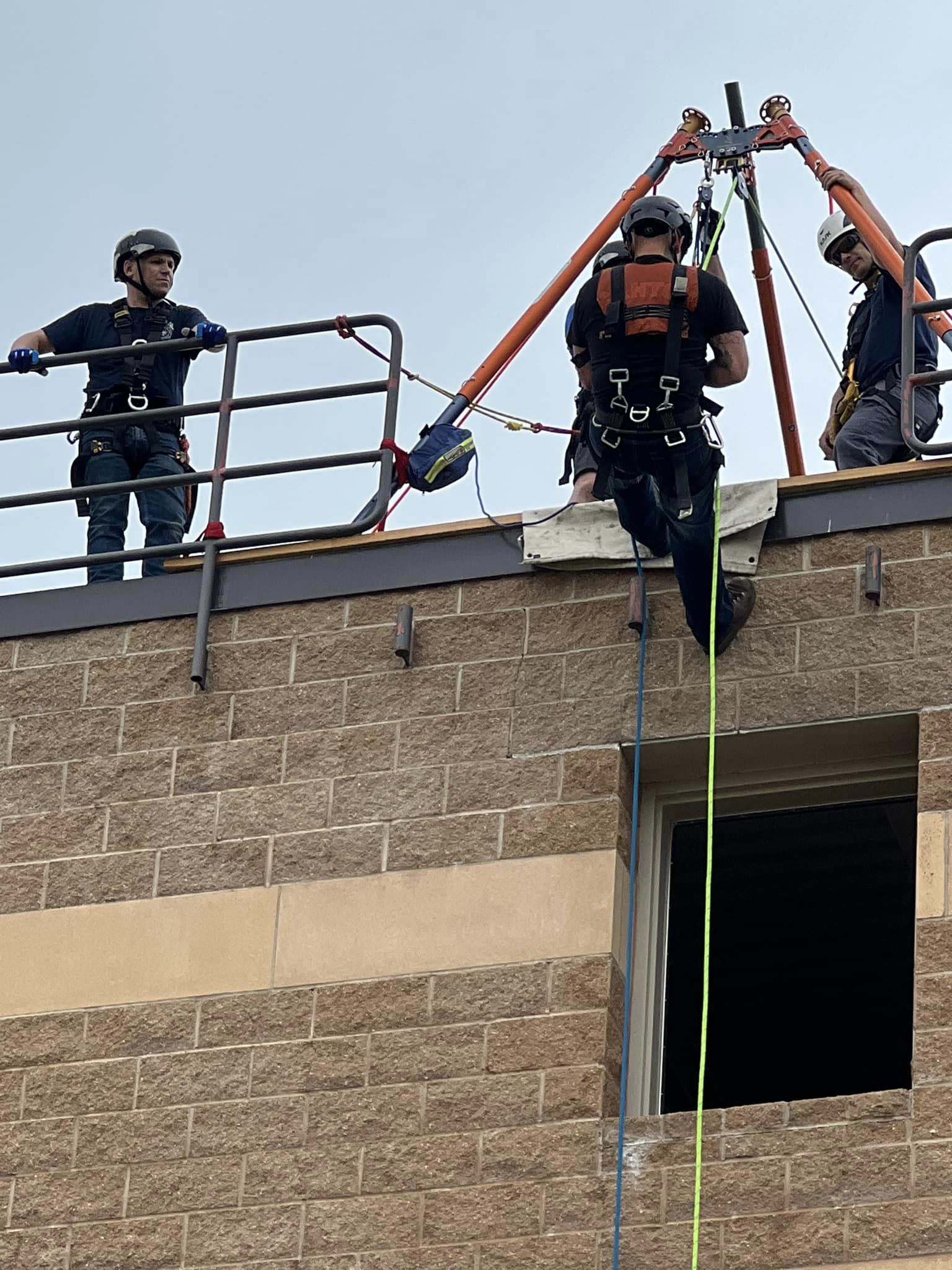
Rope Rescue - Part 2 - Technical - Sat.
Saturday Full Day Classes - ~8hrs.
Location
Speakers
-
Cameron MackCameron Mack has been a firefighter/paramedic with Watertown Fire Rescue since 2013. He is a certified Rope Rescue Instructor and is also certified as a Tower Rescue Instructor. To further continue his Rope Rescue education, he became certified by the Society of Professional Rope Access Technicians (SPRAT) as a Level 1 technician in 2020. He also instructs Confined Space Rescue courses and assists with Trench Rescue courses at Watertown Fire Rescue. On his off days from the fire department he is a Paramedic instructor for Lake Area Technical College in Watertown.
Summary
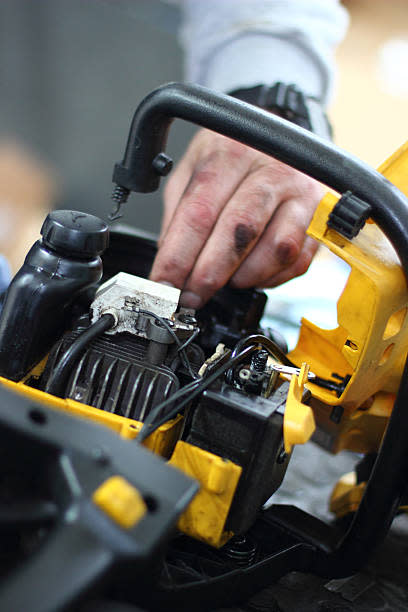
Small Engines ADVANCED Troubleshooting and Repair - Sat.
Saturday Full Day Classes - ~8hrs.
Location
Speakers
-
Greg KockEducation and Credentials A.A.S. in Diesel Technology at Lake Area Technical College Diploma in Small Business at Allied University A.A.S. in General Studies at Mitchell Technical College B.A. in Technical Leadership/Management at University of South Dakota Bio: Greg Kock earned a diploma in Diesel Technology & Management from Lake Area Tech and an AAS degree in Technical Studies from Mitchell Technical College. He is ASE Master Certified in Medium/Heavy Truck, holds ESCO A/C Certification Section 608, MACS A/C Certification Section 608, and is also OSHA certified. Kock has more than 20 years of experience in the diesel technology industry including experience as a heavy equipment mechanic, business owner, and instructor.
Summary

Emergency Vehicle Operator Course - EVOC - Sat.
Saturday Full Day Classes - ~8hrs.
Location
Speakers
-
Brad GeorgesonI’ve been a member of Hurley Volunteer Fire Department since 1999 and served as Chief since 2009 and a few years as 2nd Asst. Chief previous to that. I was hired as the emergency manager for Turner County in 2013 and have served as Director since that time. I am also currently the president of the Turner County Emergency Services Association. I volunteer on Parker Ambulance as well and have been a certified fire instructor since 2009.
Summary

Best Practice Strategy and Tactics in the Electric Vehicle Era - Sat.
Saturday Full Day Classes - ~8hrs.
Location
Speakers
-
Dan MillerDan Miller is a retired fire chief and nationally recognized subject mater expert and educator in firefighting, hazardous materials, technical rescue, incident command, and electric vehicle fire tactics. Dan holds degrees in fire science and electronics technology with over 40 years of fire service experience. He is published in Fire Engineering Magazine. Dan began his fire service duties in 1980 with Yutan (Nebraska) Volunteer Fire Dept. where he served for 38 years. He retired as Bat. Chief with Omaha Fire Department in 2018, and was Fire Chief in Columbus, Nebraska for four years before retiring in 2021. Dan is the founder and CEO of Training Under Fire, LLC, and lives in Mead, Nebraska.
Summary

Water Supply Officer - Sat.
Saturday Full Day Classes - ~8hrs.
Location
Speakers
-
Mark DavisMark Davis has been involved in the fire service for over 40 years and is the founder and owner of GBW Associates, LLC. Mark is currently a career Battalion Chief with a county fire/rescue service in Maryland and past Fire Chief with his local, rural VFD in Carroll County, Maryland. Mark has a bachelor’s and a master’s degree from the University of Maryland where he concentrated on fire science and public administration. He is a Certified Fire Protection Specialist (CFPS), Master Pond Manager, certified State instructor and has been involved in training for over 35 years.
Summary
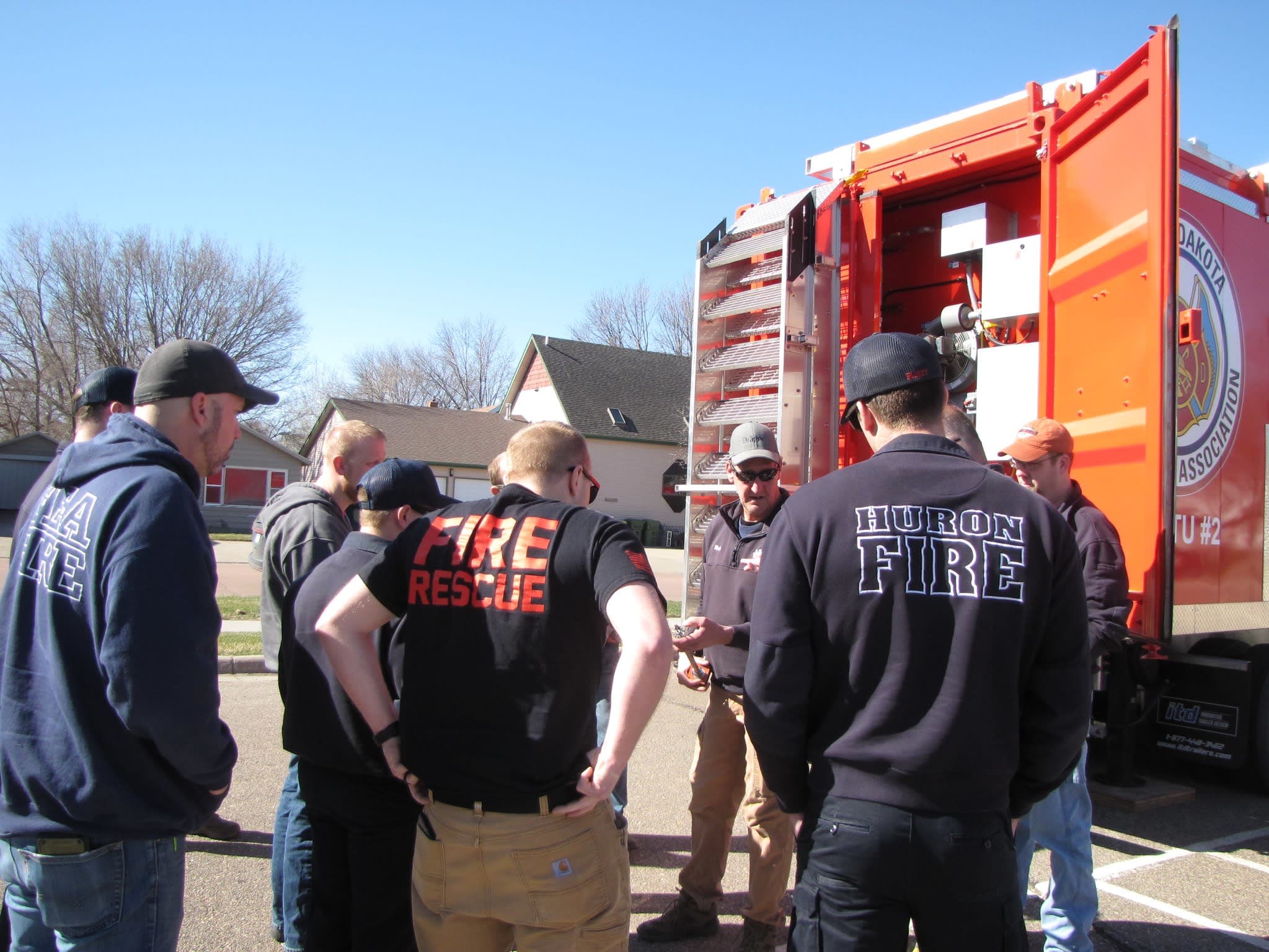
SDFA MLFTU TRAIN THE TRAINER - SENIOR Live Fire Instructor - Sat.
Saturday Full Day Classes - ~8hrs.
Location
Summary

Heavy Rescue/Stabilization & Extrication - Sat.
Saturday Full Day Classes - ~8hrs.
Location
Speakers
-
Karter LesmannFire Chief in Burlington, ND for 10 years. FF1 & FF2 Certified. Courage to Be Safe Instructor, Extrication, Big Rig, Haz-Mat Ops and State Certification Tester.
-
Ty Uthe
-
Austin Lesmann
-
Jayden Casavant
Summary

Pump Operations - Sat. AM
Saturday AM Classes - ~4hrs.
Location
Speakers
-
Christopher Noeldner - Firefighter/ParamedicChris Noeldner has been a career firefighter paramedic with Watertown Fire Rescue since 2001. Chris has been teaching pump operations in North Dakota, South Dakota and Minnesota for the last 10 years with the mobile training simulator built by FD International. He started his firefighting career as a volunteer and has worked with many career and volunteer departments to design training for their response.
Summary

You Don’t Know What You Don’t Know About Gas Leaks - Sat. AM
Saturday AM Classes - ~4hrs.
Location
Speakers
-
Jerry KnappJerry Knapp is a 39-year veteran firefighter/EMT with the West Haverstraw (NY) Fire Department and a training officer at the Rockland County Fire Training Center in Pomona, New York. He is a member of the technical panel for the Underwriters Laboratories research on interior and exterior fire attack at residential fires. He is the chief of the Rockland County (NY) Hazmat Team and a former nationally certified paramedic. He has a degree in fire protection and is an adjunct professor of fire technology. He authored the Fire Attack chapter in Fire Engineering’s Handbook for Firefighter I and II and has had numerous articles published in Fire Engineering.
Summary

Pump Operations - Sat. PM
Saturday PM Classes - ~4hrs.
Location
Speakers
-
Christopher Noeldner - Firefighter/ParamedicChris Noeldner has been a career firefighter paramedic with Watertown Fire Rescue since 2001. Chris has been teaching pump operations in North Dakota, South Dakota and Minnesota for the last 10 years with the mobile training simulator built by FD International. He started his firefighting career as a volunteer and has worked with many career and volunteer departments to design training for their response.
Summary

You Don’t Know What You Don’t Know About Gas Leaks - Sat. PM
Saturday PM Classes - ~4hrs.
Location
Speakers
-
Jerry KnappJerry Knapp is a 39-year veteran firefighter/EMT with the West Haverstraw (NY) Fire Department and a training officer at the Rockland County Fire Training Center in Pomona, New York. He is a member of the technical panel for the Underwriters Laboratories research on interior and exterior fire attack at residential fires. He is the chief of the Rockland County (NY) Hazmat Team and a former nationally certified paramedic. He has a degree in fire protection and is an adjunct professor of fire technology. He authored the Fire Attack chapter in Fire Engineering’s Handbook for Firefighter I and II and has had numerous articles published in Fire Engineering.
Summary
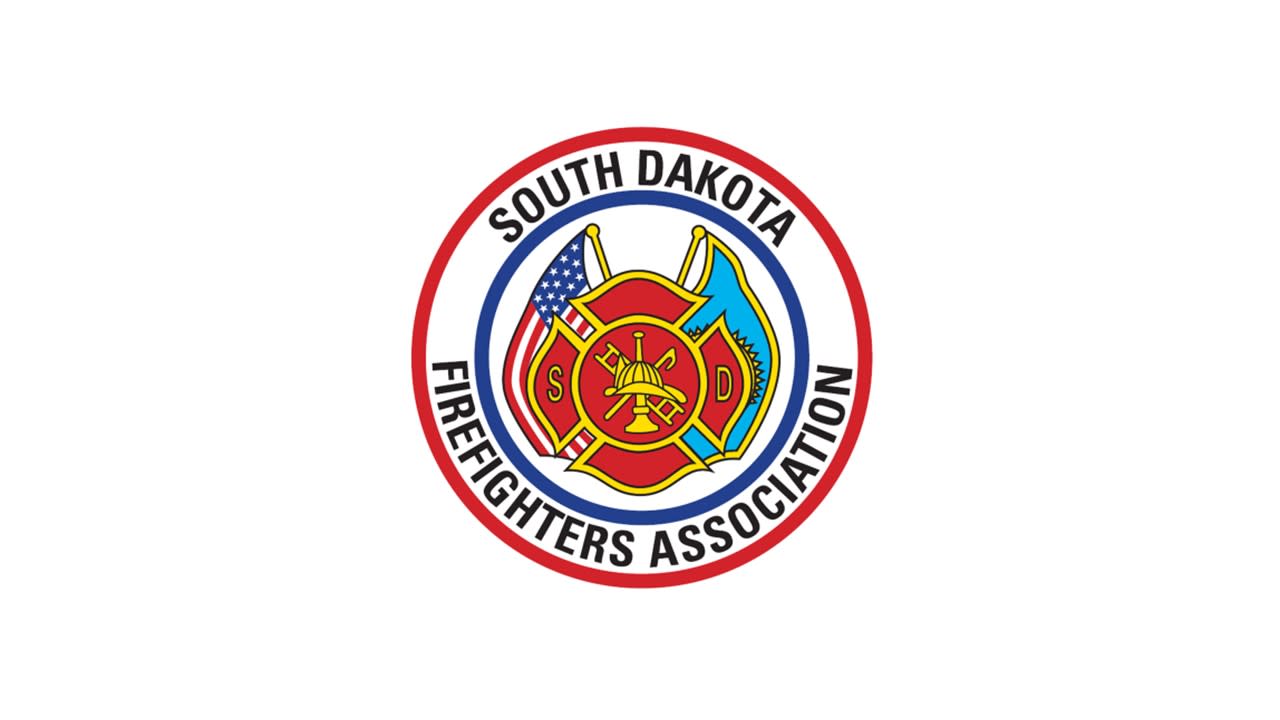
SDFA Updates & Happenings - Sat. PM
Saturday PM Classes - ~4hrs.
Location
Speakers
-
South Dakota Firefighters AssociationDiscussion will be facilitated by SDFA Board Member(s)
